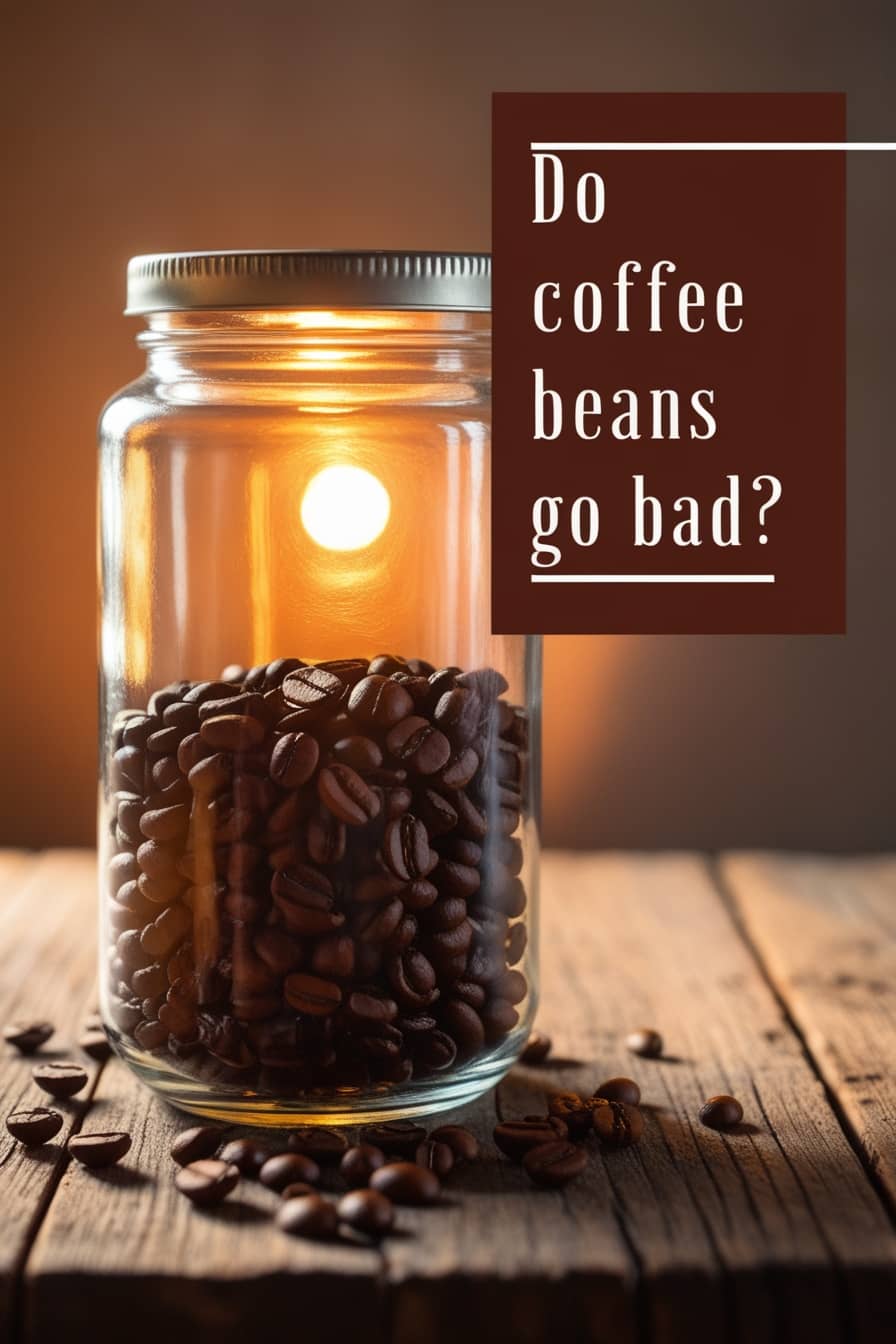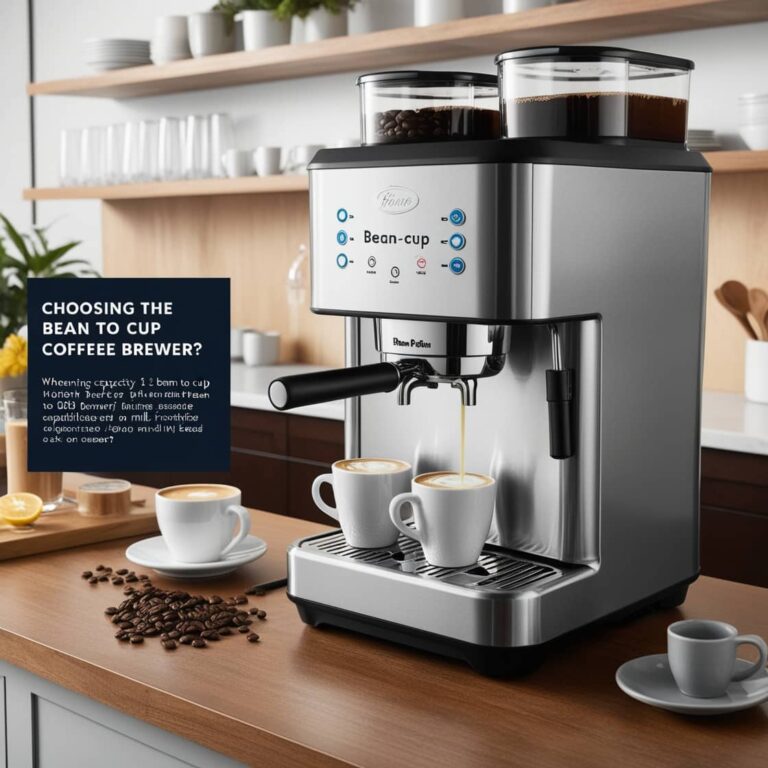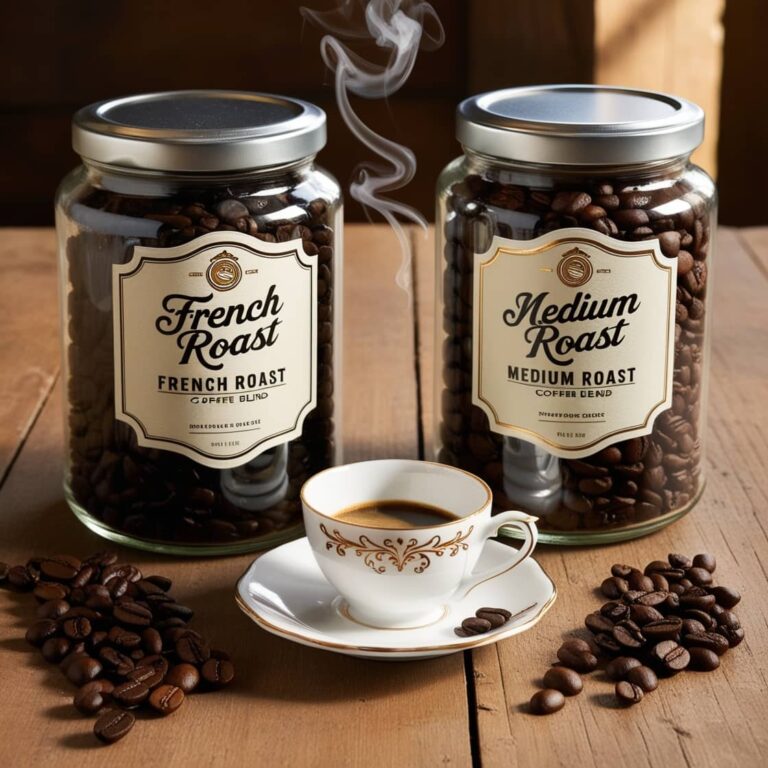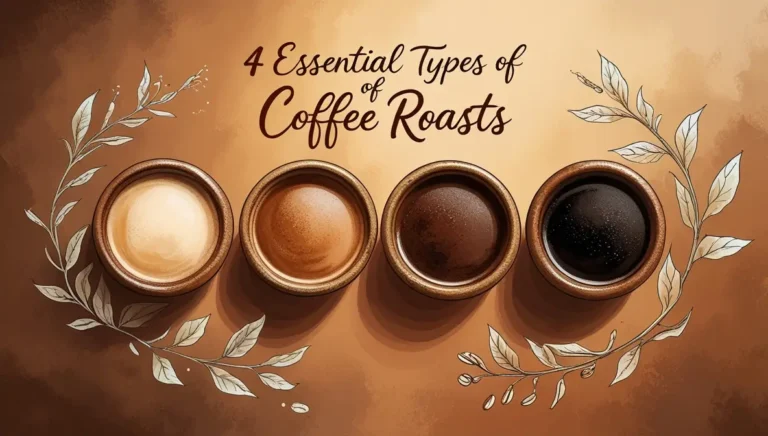Do Coffee Beans Go Bad? Expert Tips for Keeping Your Coffee Fresh

Coffee lovers understand that the journey from bean to brew is an art form. But a critical question often lingers in the minds of coffee enthusiasts: do coffee beans go bad? The short answer is yes, coffee beans can indeed deteriorate, losing their vibrant flavors and aromatic qualities over time. However, understanding the nuances of coffee bean preservation can help you enjoy a consistently delicious cup of coffee.
Understanding Coffee Bean Degradation
Coffee beans are delicate agricultural products that undergo significant changes from the moment they are roasted. While they don’t “spoil” in the traditional sense like perishable foods, they do experience flavor degradation that can dramatically impact your brewing experience.
The Science of Coffee Bean Aging
When coffee beans are roasted, they undergo complex chemical transformations. During this process, volatile compounds are created that contribute to the bean’s unique flavor profile. These same compounds are also responsible for the gradual decline in quality over time.
Factors Affecting Coffee Bean Freshness
Several key factors influence how quickly coffee beans lose their optimal flavor:
1. Oxygen Exposure
Oxygen is the primary culprit in coffee bean degradation. When coffee beans are exposed to air, oxidation begins immediately, breaking down the delicate oils and compounds that give coffee its rich flavor.
2. Moisture
Humidity can accelerate the deterioration of coffee beans, promoting the growth of mold and causing the beans to lose their distinctive characteristics more rapidly.
3. Light
Direct sunlight and bright light can cause coffee beans to degrade faster, breaking down their complex flavor compounds.
4. Temperature
Extreme temperatures and temperature fluctuations can negatively impact coffee bean quality, causing condensation and accelerating flavor loss.
Shelf Life of Coffee Beans
Whole Beans vs. Ground Coffee
– Whole Beans: Typically maintain optimal flavor for 2-4 weeks after roasting
– Ground Coffee: Begin losing flavor within hours of grinding, with significant quality degradation within 1-2 weeks
Signs That Coffee Beans Have Gone Bad
Visual Indicators
– Presence of mold
– Unusual discoloration
– Visible oil residue beyond the natural sheen of fresh beans
Olfactory Indicators
– Rancid or musty smell
– Absence of the characteristic fresh coffee aroma
– Flat or dull scent
Best Practices for Storing Coffee Beans
Storage Containers
– Use opaque, airtight containers
– Choose containers with one-way valve technology
– Avoid clear glass or plastic containers
Ideal Storage Conditions
– Store in a cool, dark place
– Maintain consistent temperature (around 70°F)
– Keep away from direct sunlight and heat sources
Maximizing Coffee Bean Freshness
1. Buy Smaller Quantities
Purchase coffee beans in smaller amounts to ensure you’re always brewing with fresh beans.
2. Check Roast Dates
Always look for roast dates when purchasing coffee beans. Fresher is always better.
3. Proper Grinding
Grind beans immediately before brewing to preserve maximum flavor and aroma.
Freezing Coffee Beans: Myth vs. Reality
Contrary to popular belief, freezing coffee beans can be beneficial if done correctly:
– Use airtight, moisture-proof containers
– Divide beans into small, single-use portions
– Avoid repeated freezing and thawing
Professional Barista Tips
Experienced baristas recommend:
– Purchasing beans from local roasters
– Buying only what you’ll consume in 2-3 weeks
– Investing in proper storage solutions
Conclusion
Understanding whether coffee beans go bad is crucial for any coffee enthusiast. By implementing proper storage techniques and being mindful of freshness, you can elevate your coffee brewing experience and consistently enjoy rich, flavorful cups of coffee.
Final Takeaway
Do coffee beans go bad? Yes, but with proper care and knowledge, you can significantly extend their peak flavor period and enjoy coffee at its absolute best.
Frequently Asked Questions
Q: How long do coffee beans stay fresh?
A: When stored properly, whole coffee beans typically maintain optimal flavor for 2-4 weeks after roasting.
Q: Can you use coffee beans that are a month old?
A: While not ideal, beans a month old can still be used. However, you’ll likely notice a significant decline in flavor and aroma.
Q: What’s the best way to store coffee beans?
A: Use an opaque, airtight container stored in a cool, dark place away from moisture, heat, and direct sunlight.






